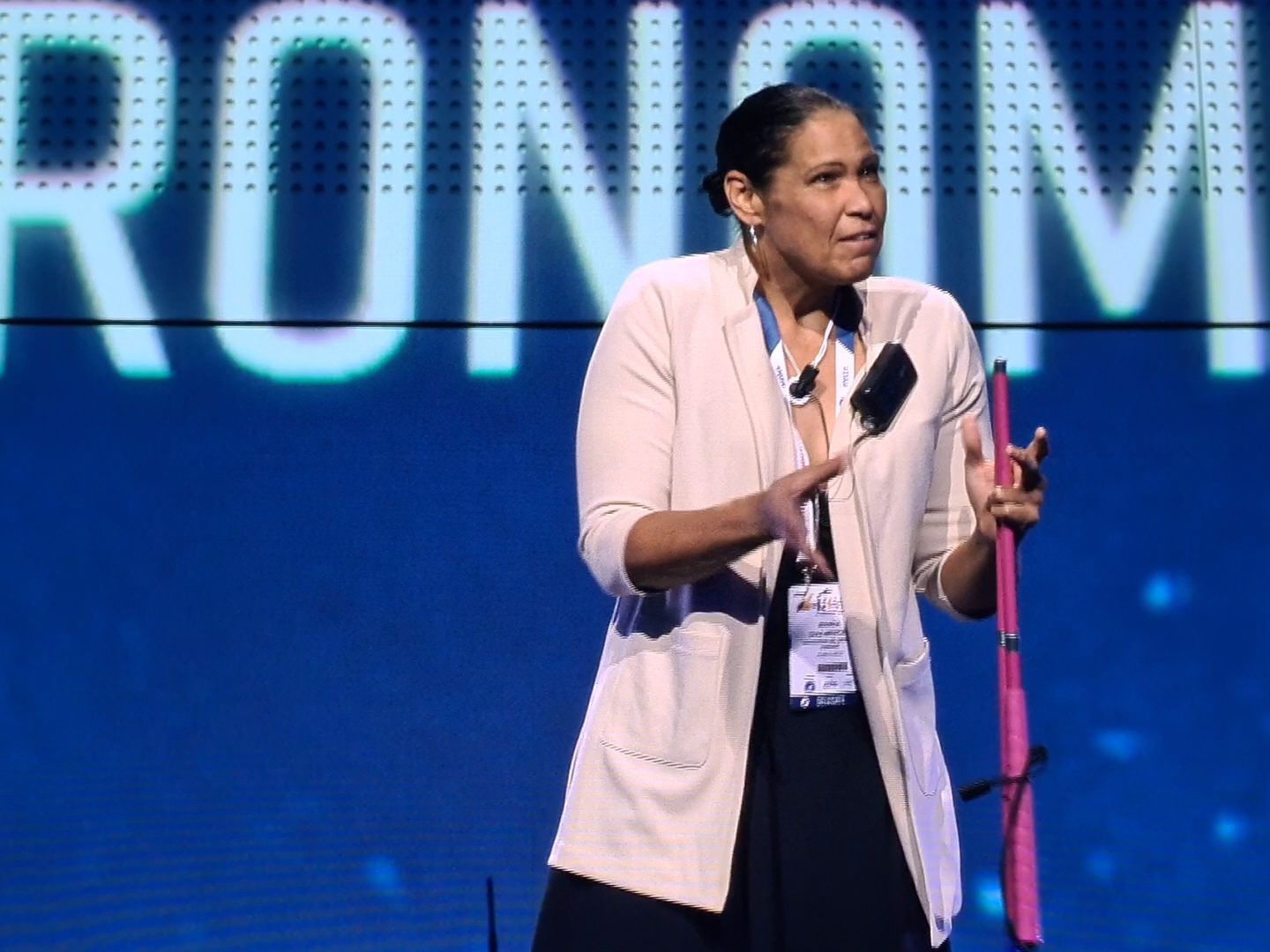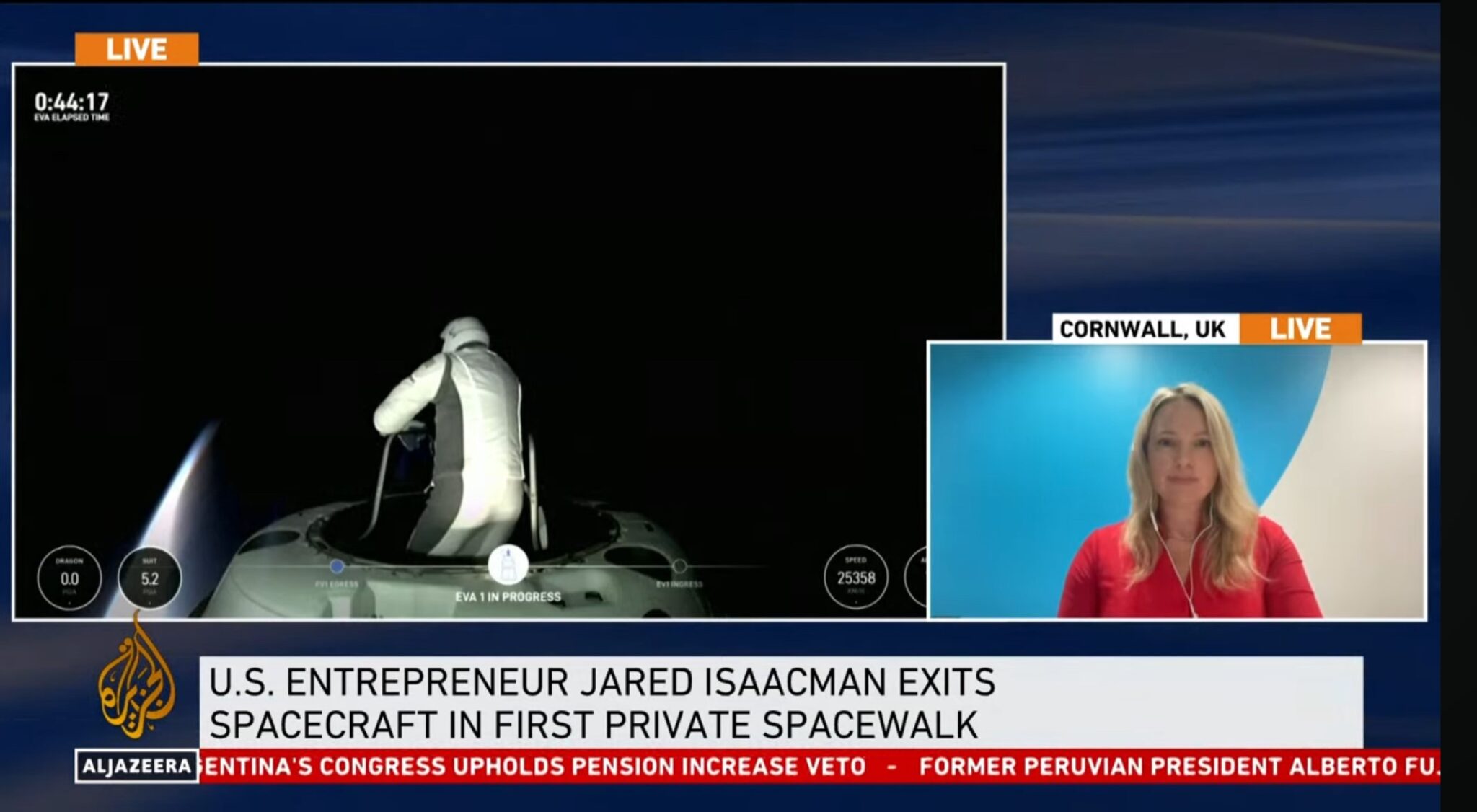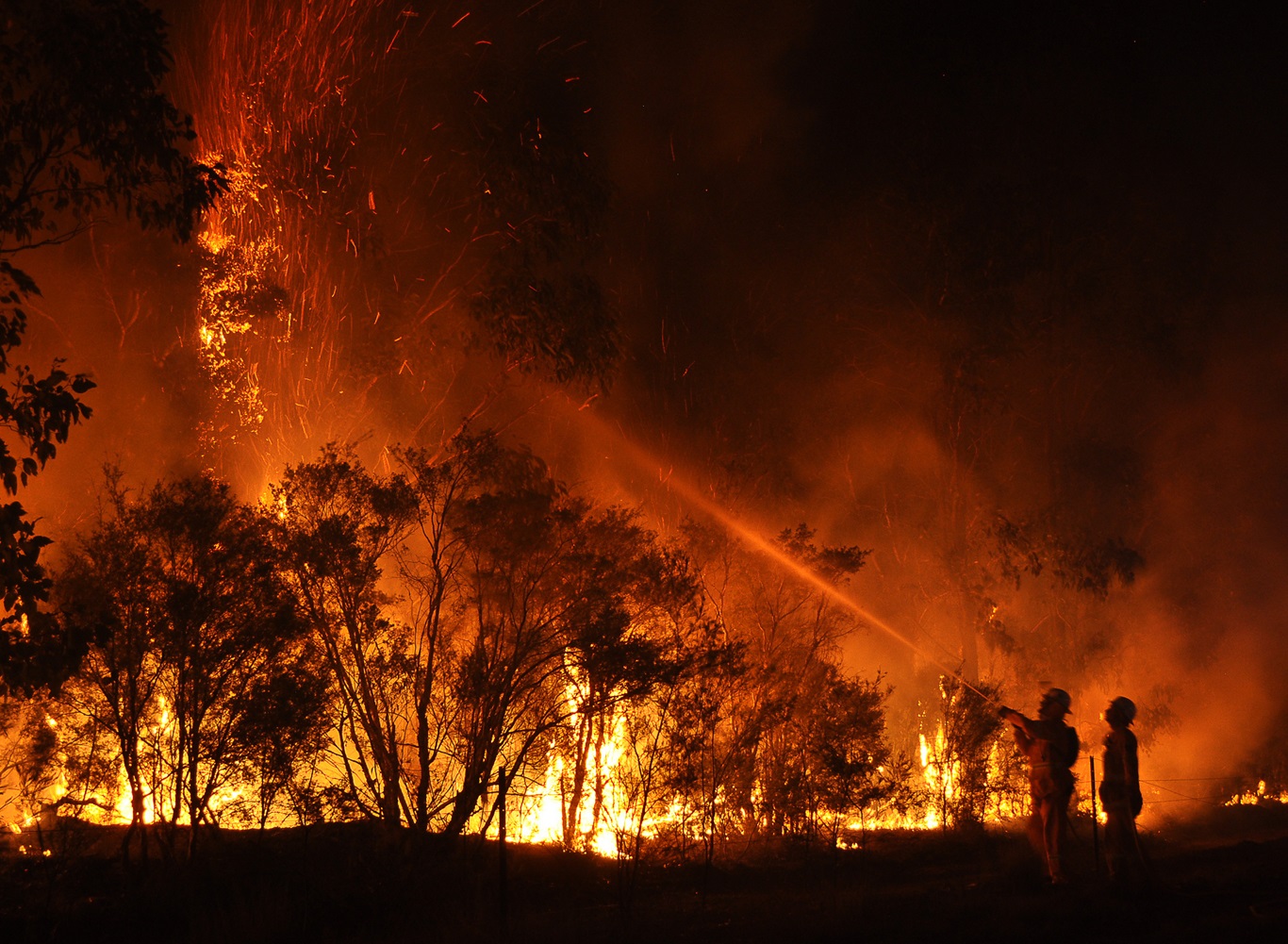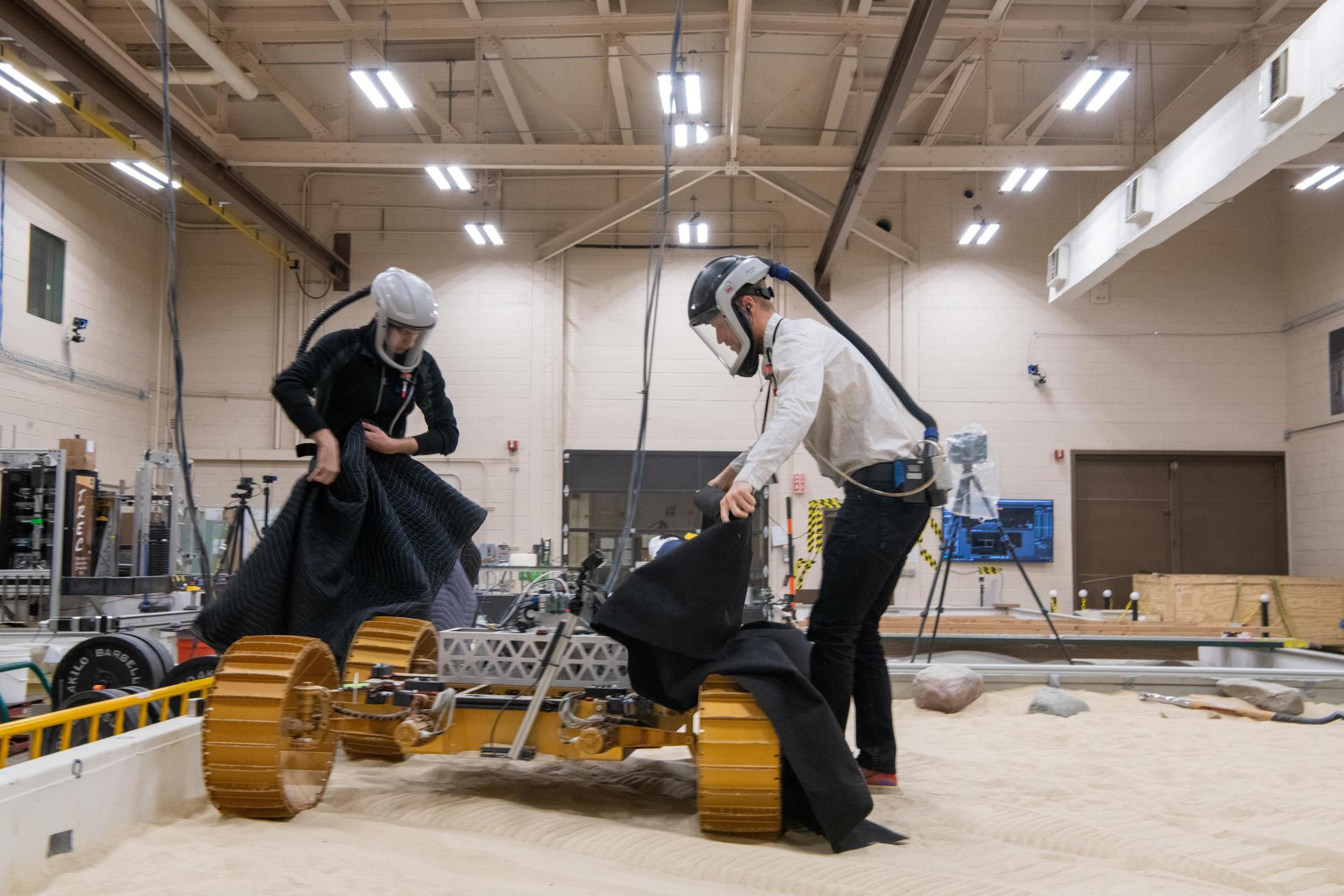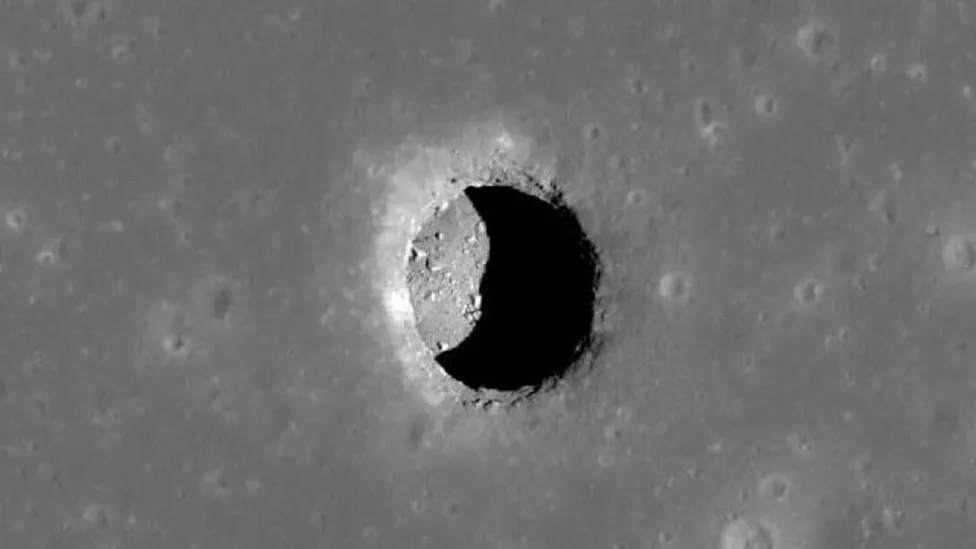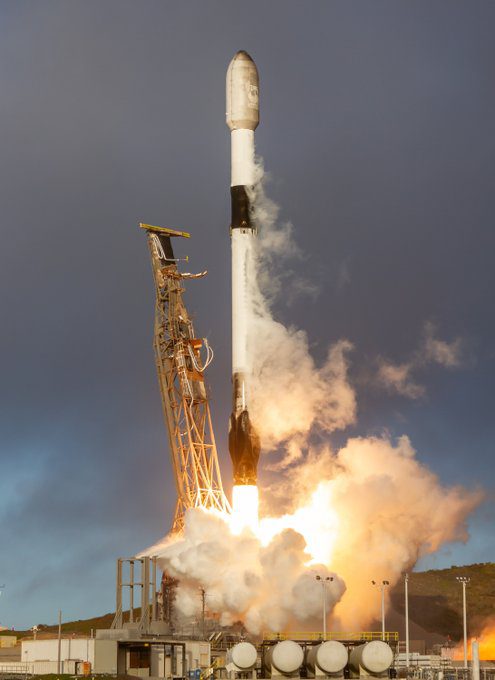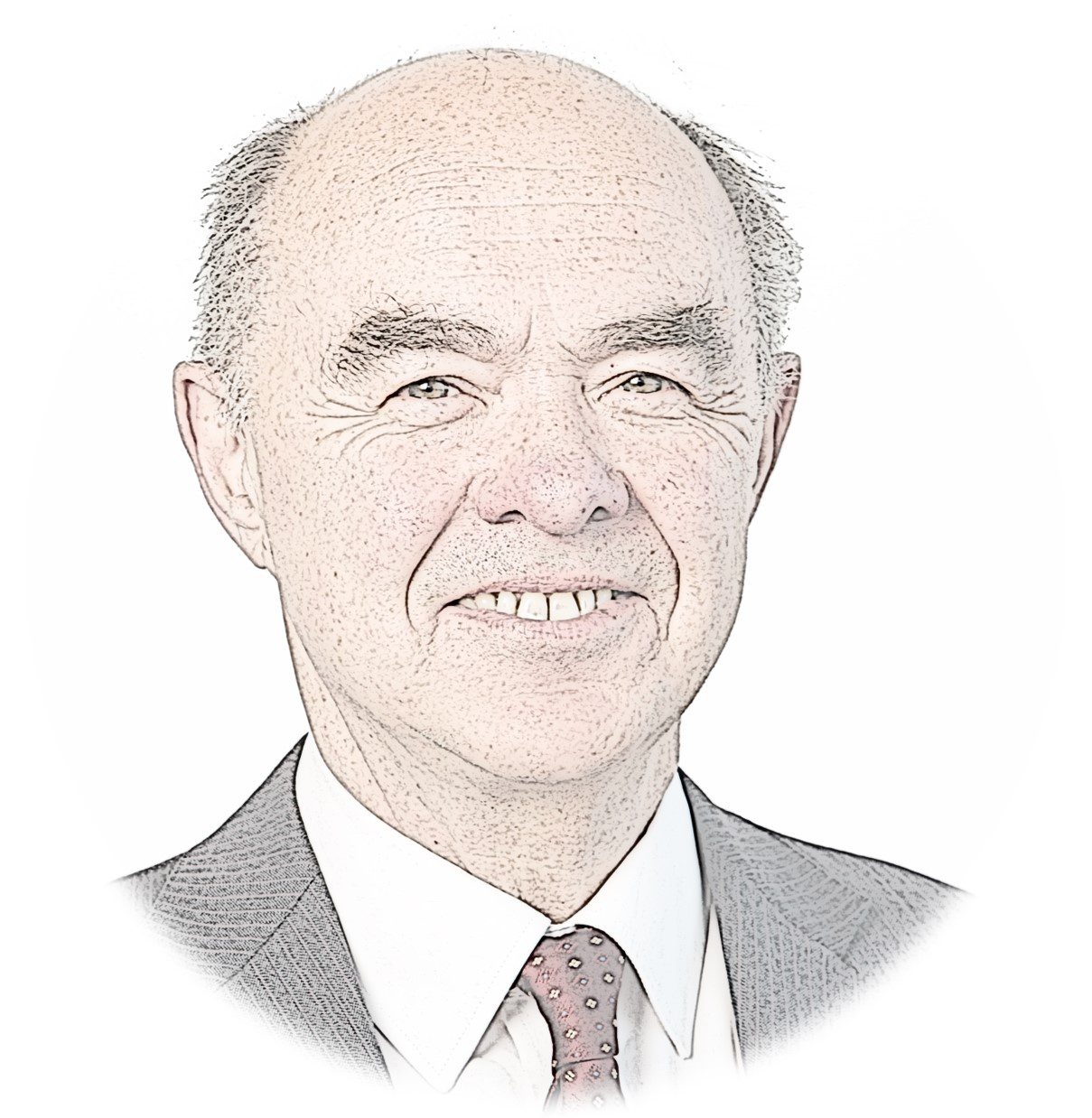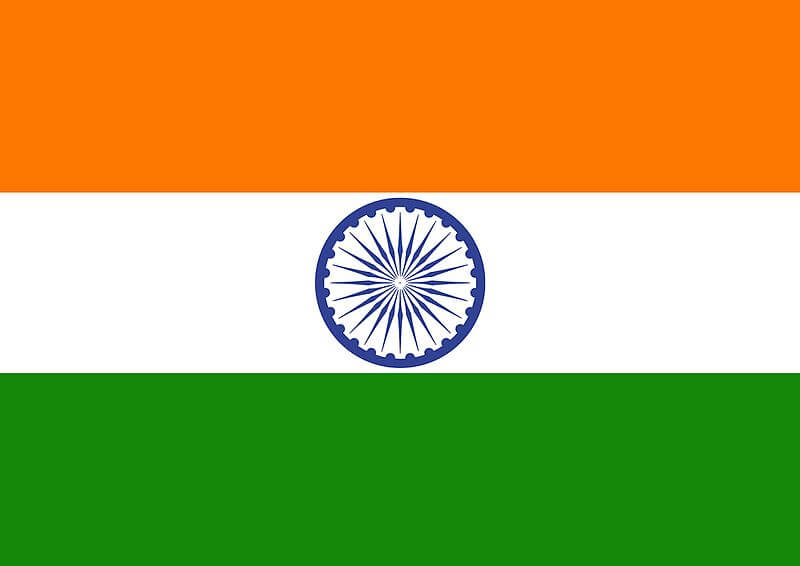In what is being hailed as one of the scientific discoveries of the century, vying with the discovery of the Higgs Boson, US scientists revealed that they had detected gravitational waves. On 14 September 2015, two US-based Laser Interferometer Gravitational-Wave Observatories (LIGO), in Louisiana and Washington State, simultaneously observed a transient signal from a gravitational wave caused by the merger of two black holes. The waveform matched the predictions for such an event from Einstein’s theory of general relativity – in effect proving Einstein right.
Gravitational waves are ripples in the curvature of space-time, which propagate as waves from the source. Einstein originally predicted these waves on the basis of his theory of general relativity. The waves transport energy as gravitational radiation.
The LIGO system uses a laser and mirrors on a 4km range. The laser beam splits into two paths at the corner of an L, one for each arm of the L. Each arm contains Fabry-Perot cavities, which store the beams and increase the effective path length. When a gravitational wave passes through the interferometer, the space-time in the local area is altered. Depending on the source of the wave and its polarisation, this results in an effective change in length of one or both of the cavities. The length change between the beams will cause the light currently in the cavity to become very slightly out of phase with the incoming light. The cavity will, therefore, periodically get very slightly out of resonance and the beams, which are tuned to destructively interfere at the detector, will have a very slight periodically varying detuning. This results in a measurable signal.
The discovery is set to result in a new branch of astronomy – a way of detecting bodies and celestial events in space other than using light or other forms of electro-magnetic radiation. Space missions were being planned to detect the gravitational waves but LIGO beat them to it.
Post script: The FutureLearn open online platform is offering a free six-week course in gravity and gravitational waves for non-physicists starting 9 May 2016. Register here: https://www.futurelearn.com/courses/gravity


